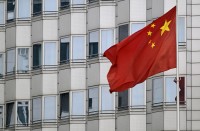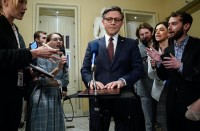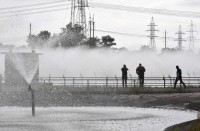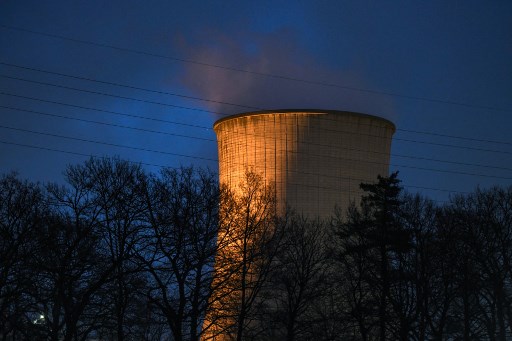
FRANKFURT, Germany (AFP) — Germany should extend the lifetime of its nuclear plants to avoid an “extreme scenario” in which a Russian gas stop could wipe 12 percent off the economy, a government advisor said Thursday.
Prolonging the operational lifetime of Germany’s remaining reactors could “create some breathing space”, Veronika Grimm, a member of the government’s council of economic advisors, told the Funke media group.
Germany turned its back on nuclear energy following the Fukushima nuclear disaster in Japan in 2011, with its last three plants set to go offline at the end of the year.
But the debate over prolonging the life of nuclear in Germany has been reopened amid fears Russia could cut off gas supplies as retaliation against the West over its backing for Ukraine following Moscow’s invasion.
In an “extreme scenario”, the German economy could shrink by 12 percent if Russia turned the taps off, Grimm said.
More conservative estimates put the impact between “minus 0.5 percent and minus six percent” depending on decisions made about saving gas over the summer, she said.
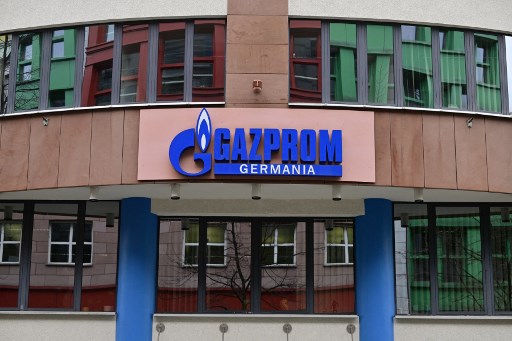
Like many of its neighbours, Germany is highly reliant on Russian energy imports to meet its needs.
Europe’s largest economy this week decided to reactivate mothballed coal-fired power plants in response to reduced gas deliveries from Russia via the Nord Stream pipeline.
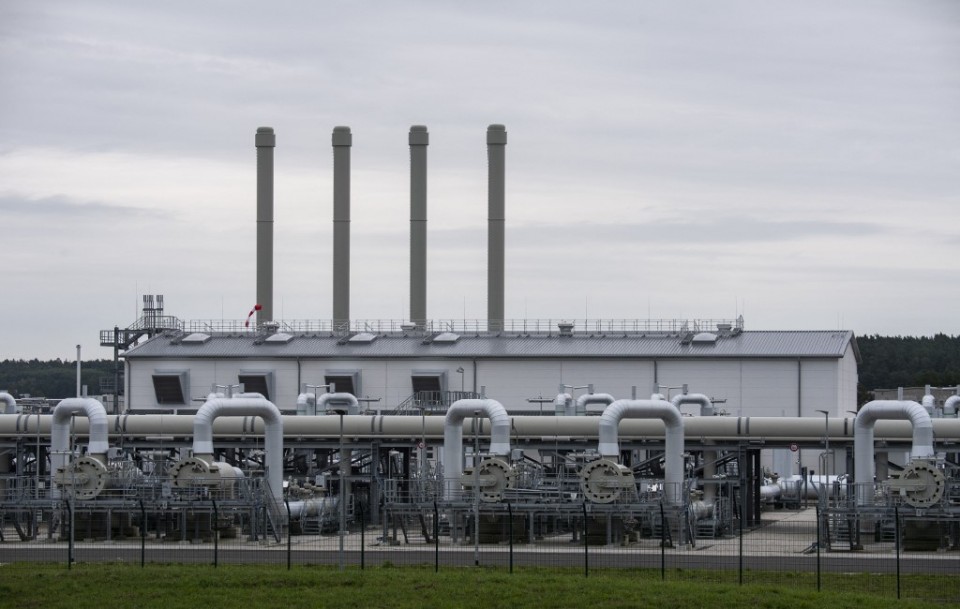
But extending the life of nuclear plants beyond the end of the year was “currently not an option”, not least for “safety reasons”, a spokesman for the economy ministry said at a regular press conference on Wednesday.
Keeping the plants open “will not work”, Chancellor Olaf Scholz told the Muenchener Merkur paper on Tuesday.
Finance Minister Christian Lindner of the liberal FDP party denied that there was a row within the three-way coalition with Scholz’s Social Democrats and the ecology Greens.
But he added that he was “not satisfied that we are extending climate-damaging coal but not even considering the possibility of nuclear energy”.
The conservative state premier of Bavaria, Markus Soeder, has also pushed for an extension, saying this week the move was “certainly” possible.
But the boss of German energy company RWE, the operator of one of the remaining reactors in the fleet, told the Die Welt daily it was “too late”.
Security issues as well as the limited availability of fuel rods created hurdles to keep the plants going beyond the end of the year, he said.
© Agence France-Presse

